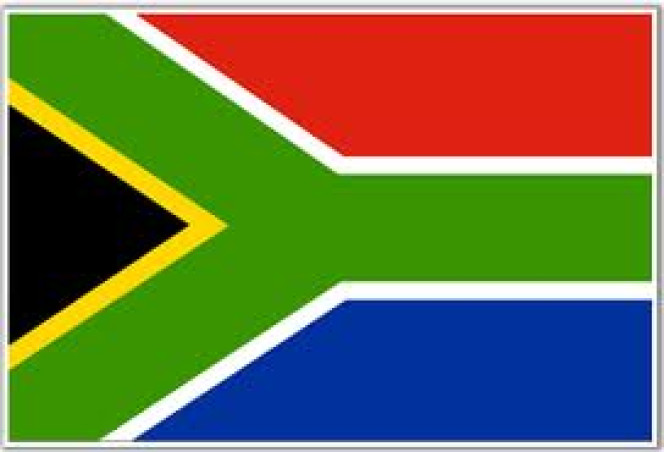ZIMBABWE: Mixed reactions on RBZ move to ban mobile cash facilities

Southern Times Writer
Harare - On 30 September, the Reserve Bank of Zimbabwe issued a national payments system directive that banned the function of cash-in, cash-out and cash back facilities from agents of mobile money transfer company, Ecocash, as well as shops and supermarkets.
Zimbabweans have over the years resorted to using mobile telephone facilities to access cash as the banks do not dispense enough cash due to the tough economic conditions the country is going through. As a result, mobile cash-in and cash-out transactions whereby people approach Ecocash agents for cash had come in handy.
But the RBZ has been received with mixed feelings by the public, especially during such difficult times in the economy. Some people believe it is a good move as it is restoring sanity in the payment system which was being abused by unscrupulous agents as they were charging illegal fees for cash-out facilities. However, others feel that the ban will further deepen the illegal activities as some people will be desperate for cash.
“The ban by the RBZ is a good move to tackle the illegal behaviour that mobile agents have been conducting. We were being charged 50 percent of the money we would have received for us to get cash and this is very unfair,” commented, Idah Katendeni of Harare.
The banning has also affected those that were running the cash-out and cash-in business legally.
“I have not been engaged in illicit activities as the agent services have been my source of income although I had erratic cash supply, I still would get some income from the service. Now that the facility has been removed, it means I no longer have a business. I think the RBZ should have investigated those that are engaged in this illegal cash out exchanges and arrest them, not to close shop for everyone,” said Robert Gonye, an Ecocash cash-in and cash-out agent.
In as much as these agents were charging outlandish fees, some people continue to feel that they needed access to cash to be able to conduct their day to day activities.
“I buy my goods downtown and when I ask the price, the seller gives me the cash price, swipe (using bank card to buy) price and Ecocash price and the cash bond price is always much lower. Considering my small salary, I would then rather look for cash to access the cheaper goods as I cannot afford the swipe or the ecocash price. In some shops they do not even accept Ecocash or swipe.
“I also use cash to pay for my transport fees. I know that only the expensive shops where rich people buy is where the swipe and Ecocash facilities are accepted. Since the RBZ has banned the cash-out, cash-in and cash back facilities, I hope the banks will now have cash without us having to wait in long queues, because if they don’t, the other black market cash barons who are not agents may charge even more percentages than before,” commented Chipo of Harare.
Some analysts are of the view that there is a need for the RBZ to have control over these illegal activities hence they commended the move. However, the bank then needs a strategic plan to cushion the poor who are affected by the directive.
“Taking action over illegal activities is the right move by the central bank. However, the government needs a strategy to protect the vulnerable who in most circumstances are finding it difficult to use electronic means to perform their transactions, there is need to further investigate those service providers and retailers that are demanding cash to come to some sort of negotiation on how best to do business in this challenging environment,” said Tatenda Nyacheka, an economic analyst.
Ecocash, a division of Econet Wireless owned by business tycoon Strive Masiyiwa, has since approached the High Court to force the RBZ to reverse the ban.
 Africas leading resource for digital financial services
Africas leading resource for digital financial services


comments